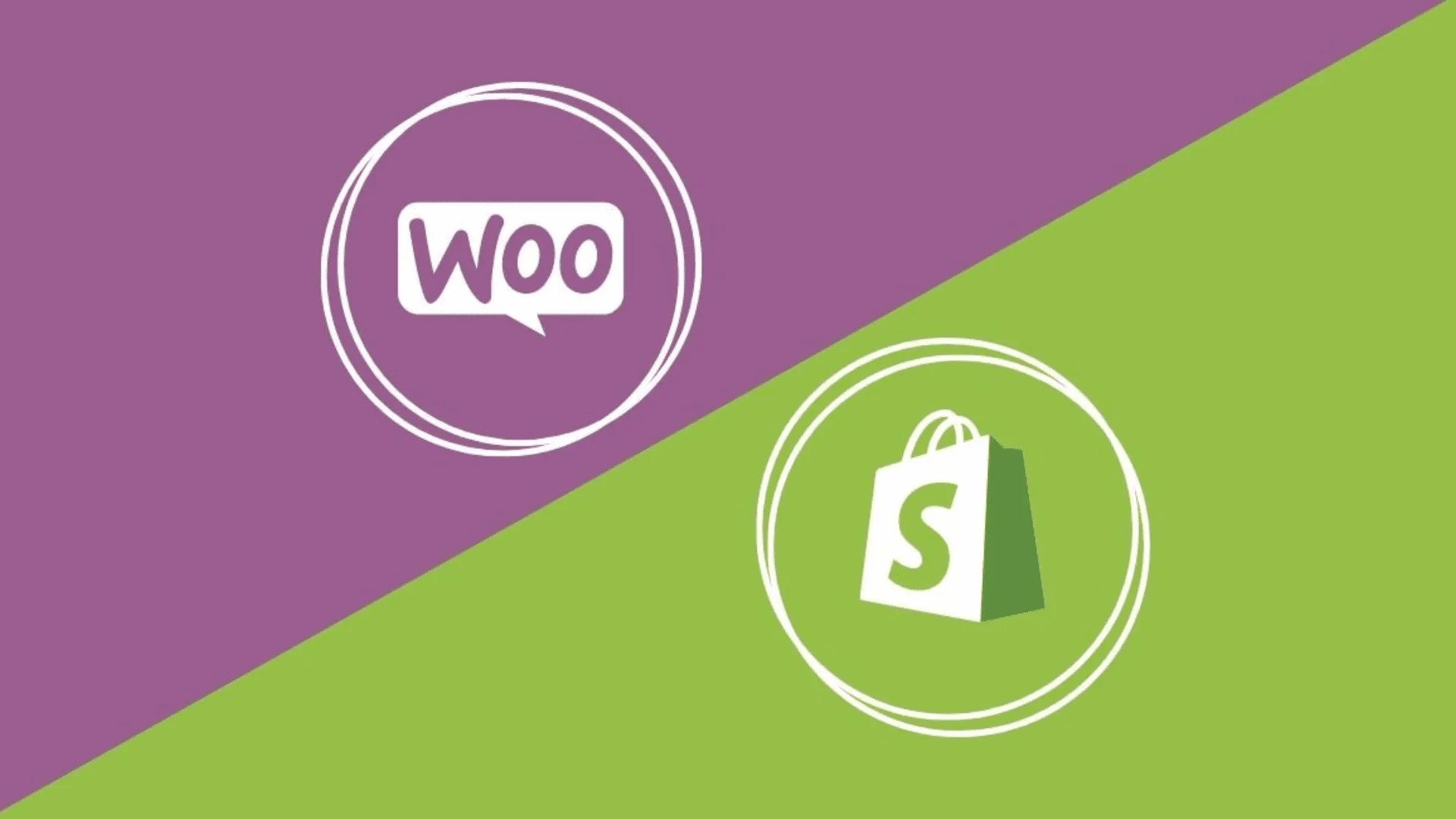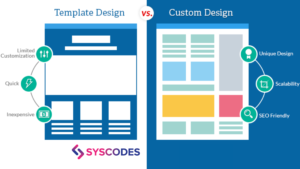When it comes to building an online store, two of the most popular e-commerce platforms that come to mind are WordPress with WooCommerce and Shopify. Both platforms offer robust features and functionality to help you establish and grow your online business. In this article, we will compare WordPress WooCommerce and Shopify in various aspects to help you make an informed decision about which platform suits your specific needs.
Ease of Use:
WordPress WooCommerce: WordPress, coupled with the WooCommerce plugin, provides a flexible and customizable e-commerce solution. However, it requires a bit more technical knowledge to set up initially. While the overall learning curve is manageable, beginners might find it slightly more complex due to the plethora of options and settings.
Shopify: Shopify, on the other hand, is renowned for its user-friendly interface and intuitive setup process. It offers a simple and straightforward approach to building and managing an online store. With a drag-and-drop interface and a streamlined backend, Shopify is particularly appealing to users with limited technical expertise.
Design and Themes:
WordPress WooCommerce: WordPress boasts a vast collection of themes, both free and premium, offering endless design possibilities. You can customize your store’s appearance by modifying the theme’s code or using visual builders like Elementor or Divi. This level of flexibility allows you to create a truly unique and branded online store.
Shopify: Shopify offers a wide range of professionally designed themes, both free and paid, specifically tailored for e-commerce. These themes are generally more polished and optimized for conversion. While you can customize the themes to a certain extent, the options might be limited compared to WordPress. However, for most users, the available customization options in Shopify will suffice.
E-commerce Functionality:
WordPress WooCommerce: WooCommerce is renowned for its extensive range of e-commerce features. It provides a robust foundation for building and managing an online store, including product management, inventory tracking, order management, and various payment gateways. Additionally, WooCommerce offers a vast library of plugins and extensions that can enhance your store’s functionality as your business grows.
Shopify: Shopify is a dedicated e-commerce platform, meaning it comes with a comprehensive set of built-in e-commerce features right out of the box. These include inventory management, abandoned cart recovery, discount codes, product variants, and more. While Shopify offers fewer customization options compared to WooCommerce, it compensates with a seamless user experience and a solid range of native e-commerce tools.
Scalability and Performance:
WordPress WooCommerce: WooCommerce allows for great scalability as it is built on top of WordPress, which is highly customizable and scalable itself. However, it’s crucial to ensure that your hosting infrastructure can handle the increased traffic and demands as your store grows. Without proper optimization and caching, WooCommerce stores might experience slower load times.
Shopify: As a fully hosted solution, Shopify takes care of the server infrastructure, ensuring optimal performance for your online store. It can handle high traffic volumes without compromising speed or stability. Shopify’s scalability is particularly beneficial for businesses expecting rapid growth or sudden spikes in traffic, as the platform can effortlessly scale to meet the demands.
Conclusion:
In the battle of WordPress WooCommerce vs. Shopify, both platforms have proven themselves as reliable solutions for creating and managing successful online stores. The choice between the two ultimately depends on your specific needs, budget, and level of technical expertise.
If you prioritize flexibility, customization options, and have some technical knowledge, WordPress WooCommerce might be the ideal choice. With its vast collection of themes, plugins, and extensive control over your online store, you can create a highly personalized e-commerce experience.
On the other hand, if you seek simplicity, user-friendliness, and a comprehensive suite of built-in e-commerce features, Shopify is the platform to consider. With its intuitive interface and hassle-free setup, you can quickly launch and manage your online store without the need for extensive technical skills.
Take the time to evaluate your requirements, long-term goals, and budget before making a decision. Both WordPress WooCommerce and Shopify offer unique strengths and cater to different user preferences. Ultimately, the platform that aligns best with your vision for your e-commerce business will be the right choice.





